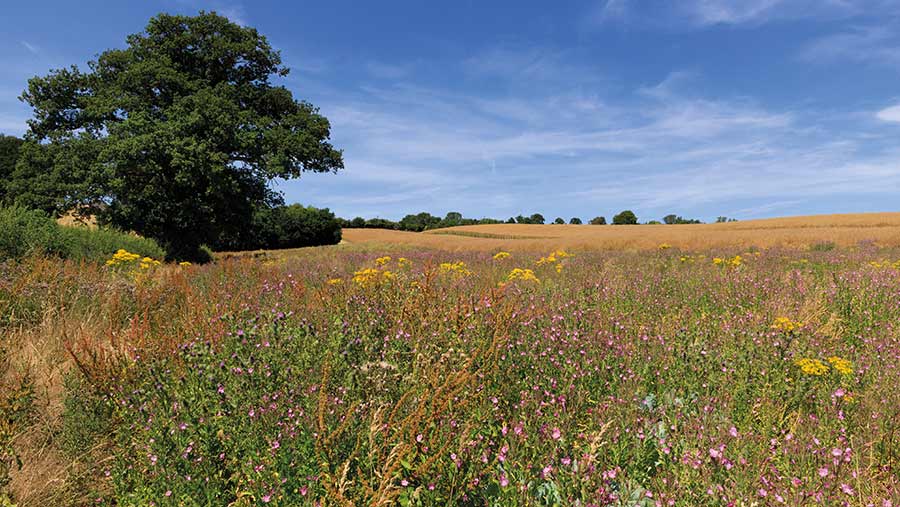Business Clinic: Should I enter a long-term land use agreement?
 © Tim Scrivener
© Tim Scrivener Whether you have a legal, tax, insurance, management or land issue, Farmers Weekly’s Business Clinic experts can help.
Russell Reeves, head of agriculture litigation at law firm Thrings, advises on what to consider in the growing market for long-term environmental land use agreements.
Q: I am considering some of the new environmental funding schemes and the future of the farm. I have been invited to sign a long-term land management agreement. Is this sensible?
A: The government’s new funding under the Environmental Land Management (ELM) programme provides economic encouragement for farming and using land in a way which protects and enhances the environment.
There are also growing opportunities for farmers and landowners to work with third parties to install solar farms, plant trees and take other measures for nutrient or carbon off-setting, or for landscape recovery and biodiversity, including rewilding.
See also: Budget analysis: Environmental land use tax consultation is a step forwards
More farmers are entering long-term land management agreements in order to regulate these new relationships and land uses.
There are important legal considerations because of the long-term nature of the arrangements; for example, planting trees may require an agreement of 50 years or more. This short answer will only provide an overview.
Drafting an agreement
The wording and purpose of the agreement is vitally important, as it may impose onerous duties limiting your use of the land for decades.
You must consider the length of the agreement, how “success” is defined, the payment terms and dates, and terms governing the review of those payments, because prices will fluctuate over decades.
You must consider if land can return to its original use at the end of the agreement and the effect this has on your business.
There are liability implications; for example, an agreement should state who is liable for flooding or pollution, and how disputes should be resolved. This may affect your insurance.
Termination and break clauses may be important in agreements.
We are in the early stages of these schemes and you might want the option to re-evaluate at a later date as companies become more established and diverse.
You might also want the option to vary or assign the agreement.
Succession planning
Some agreements run with the land, or bind successors in title, which affects future land use. You may need to check this aspect of your specific scheme and agreement with an adviser.
Even if the agreement doesn’t run with the land, for future farmers to benefit they may have to act in certain ways or risk losing the funding. There may also be tax implications.
Such schemes may affect land value or limit future earning power. You will need to keep these agreements in mind while succession planning.
Other considerations
Some schemes have formality requirements. For example, conservation covenants have their own statutory regime and some have other rules, such as needing to keep certain records.
Tenants need to check that the schemes are compatible with their tenancy agreement or whether they need written consent from their landlord.
There might also be incompatibility with other agreements such as Basic Payment Scheme or ELM and financial consequences for ending some agreements early.
If you are unsure about entering into a long-term land management agreement, there is a lot to consider and it is important that you get legal advice and if necessary, a professional to draft the agreement.
Do you have a question for the panel?
Outline your legal, tax, finance, insurance or farm management question in no more than 350 words and Farmers Weekly will put it to a member of the panel. Please give as much information as possible.
Email your question to FW-Businessclinic@markallengroup.com using the subject line “Business Clinic”.
